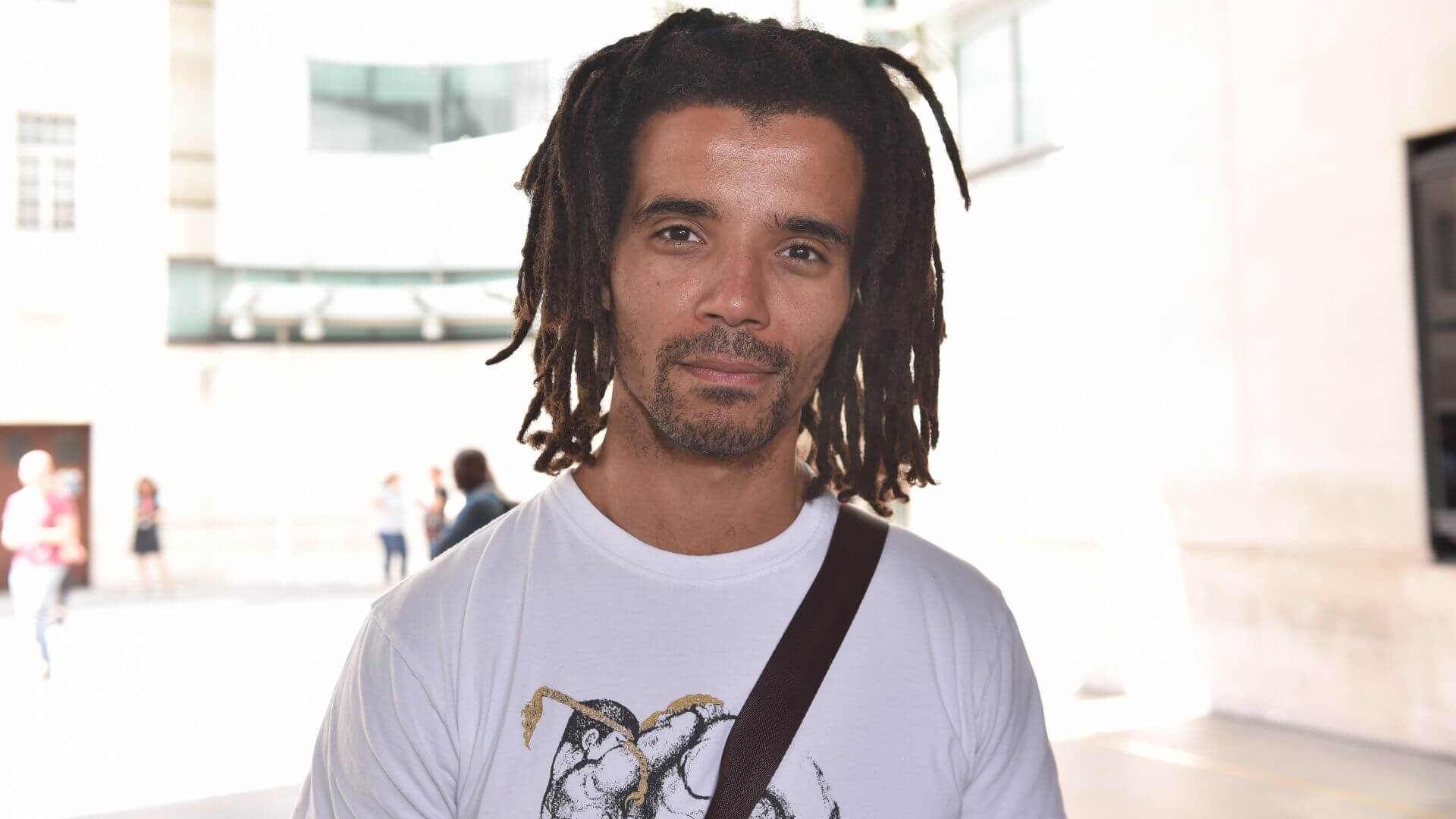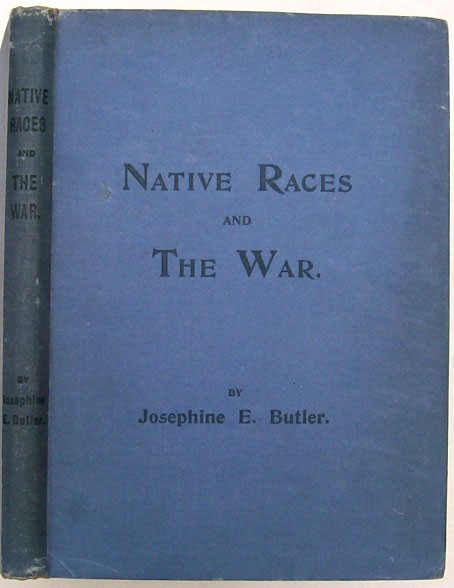

This is a woman who was brought up in the 1930s, at a time when the idea that white people were innately genetically superior and that Britain’s right to colonise the world were self-evident. She obviously knew I didn’t have problems with English – I was reading The Lord of the Rings at home. My teacher at seven put me in a special needs group for kids who didn’t speak English. And I found out very early that this offended some teachers’ very sense of identity. “But I went into school too well prepared for school for a child from my ethnic and class backgrounds. I saw probably four pieces of theatre a week for the first ten years of my life. I think I met Angela Davis there, I met this South African jazz musician Hugh Masekela – you couldn’t ask for culturally a better upbringing. My stepdad was a stage manager of a theatre which was probably the most important black-led cultural institution in 1980s Britain.


I was from a materially poor but culturally very rich family. We will focus on Chapters 5 and 6 (“ Empire and Slavery in the British Memory (pdf)” and “ Scotland and Jamaica (pdf)”, pages 123-168) of this best-selling book by BAFTA and MOBO award-winning hip hop artist, writer and social entrepreneur Akala.Ī PDF of the full text of Natives can be read and downloaded online.“I went into the British school system a nerdy boy who wanted to be an astronaut. From the first time he was stopped and searched as a child, to the day he realised his mum was white, to his first encounters with racist teachers race and class have shaped Akala’s life and outlook. In Natives, Akala takes his own experiences – with education, the police, identity and everything in between – and uses them to look at the social, historical and political factors that have left us where we are today. The reading forms a part of our mini-series: “ Britain: Class, Race and Gender in past, present and future”. We ask for a donation of £1-3 to cover the costs of the venue, and – though anyone is welcome to listen – we request that the discussion is focused on and mainly involves those who have read the text. Our second reading of 2019 will be on Wednesday 20th February, 7.30-9.30pm at Black Book Cafe at the bottom of Nelson St: “ Natives: race and class in the ruins of Empire” by Akala.


 0 kommentar(er)
0 kommentar(er)
